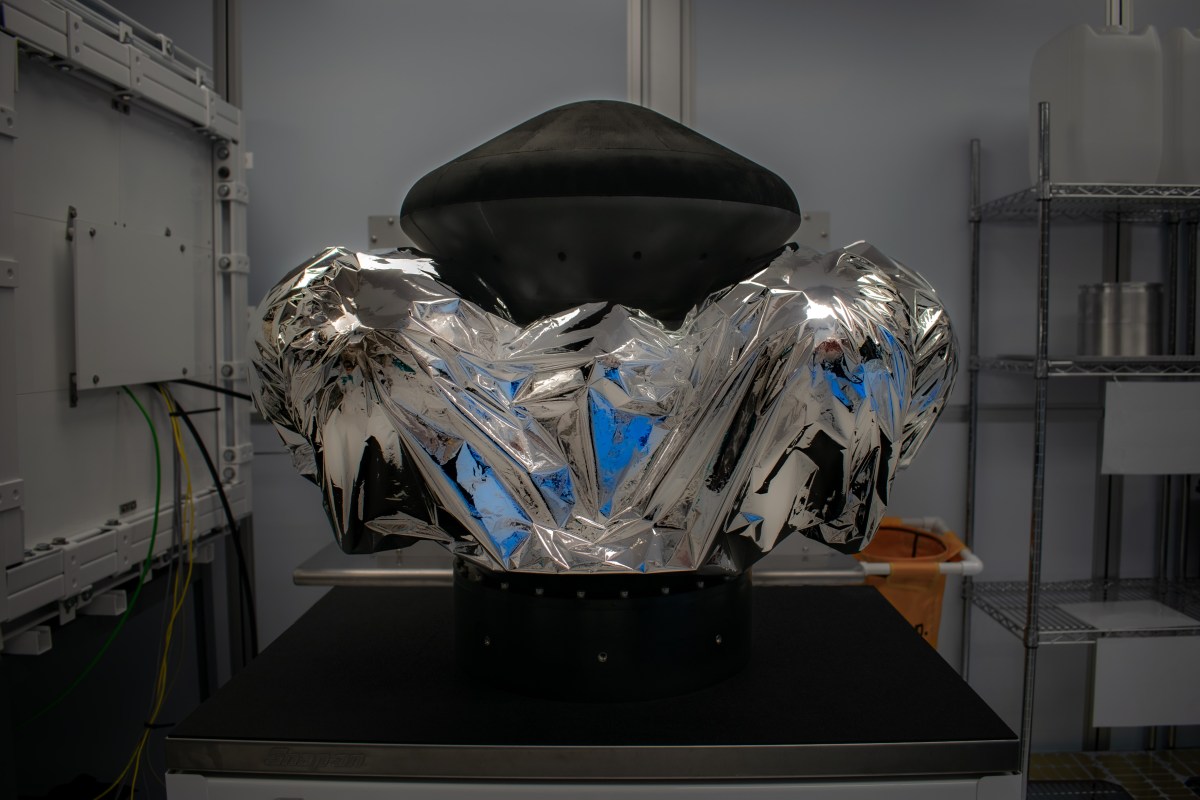Inversion Space lives up to its name by focusing on bringing things back from space to Earth. The startup aims to create a revolutionary transportation layer for Earth through ultra-fast, on-demand deliveries to any location on the planet. This ambitious goal could revolutionize cargo transportation on Earth.
The company’s plan involves sending fleets of earth-orbiting vehicles that can quickly return to Earth at high speeds, employing specially-designed parachutes to slow down and deliver cargo within minutes. Their pathfinder vehicle, Ray, is set to launch in October 2023 as a precursor to their larger platform scheduled for 2026.
Ray, about twice the size of a frisbee, will spend a few weeks in space before reentering the atmosphere. Inversion’s CEO Justin Fiaschetti explained the three phases of Ray’s mission, including on-orbit operations, reentry using a propulsion system, and a final splashdown off the coast of California.
Inversion’s strong vertical integration strategy has enabled them to build almost all components of Ray in-house, including the challenging parachute system. The company’s rapid progress is attributed to this approach, allowing them to meet customer needs efficiently.
We’ve completed a successful qualification campaign of the full recovery system for Ray, our pathfinder vehicle! Both of the parachutes and their deployment systems have been developed in-house by our recovery engineers, Connor & Daniel. pic.twitter.com/mPquy1nGbE
— Inversion (@InversionSpace) September 5, 2023
The company plans to launch their next-generation vehicle, Arc, in 2026, with higher precision for reentry. Founded by Justin Fiaschetti and Austin Briggs, Inversion has rapidly expanded since its inception in 2021, attracting funding and growing its team to 25 employees.
Inversion sees opportunities in serving government agencies and private companies, offering a reusable platform for on-orbit experiments and cargo deliveries to space stations. By enhancing reusability and duration-on-orbit, Inversion aims to reduce costs and support diverse mission requirements.
With a focus on in-house development and strategic decision-making, Inversion is poised to continue its rapid progression in the space industry, with Arc expected to carry over 150 kilograms of cargo in its inaugural flight in 2026.


